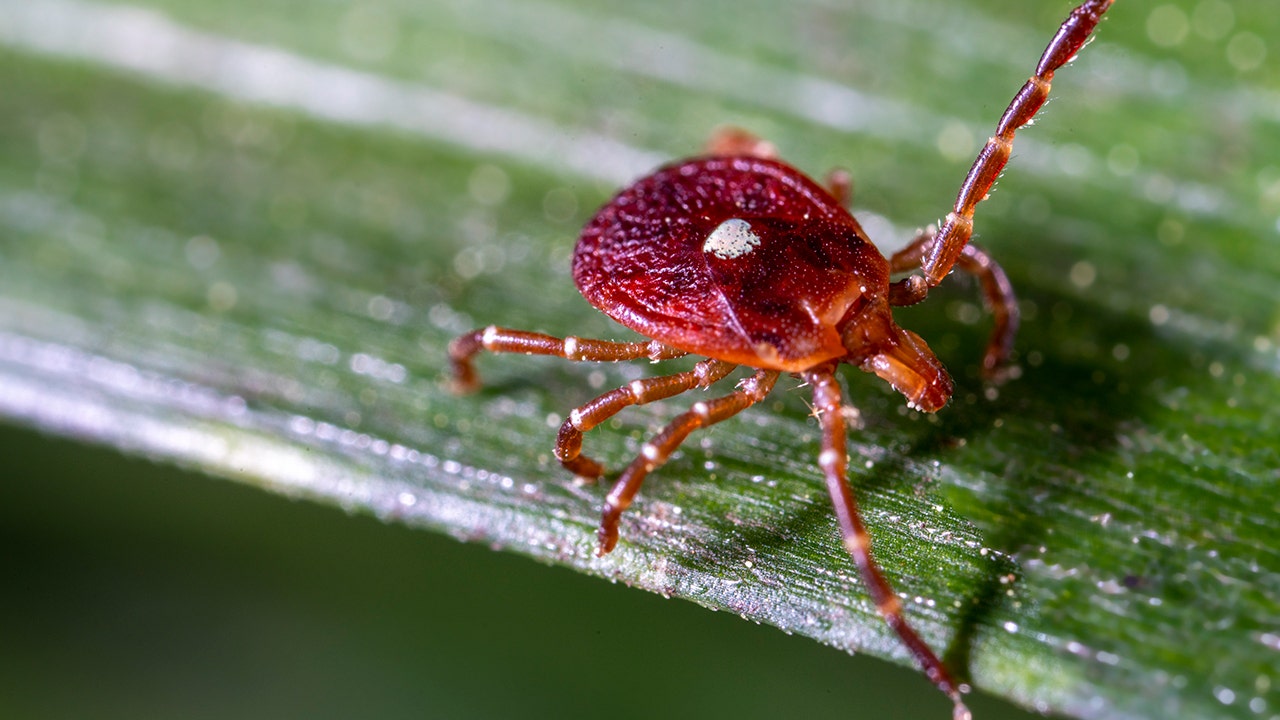Romaine positive!
Colorectal cancer is one of the deadliest cancers in the US — nearly 53,000 Americans are expected to die of it this year.
Experts say you can reduce your risk of developing this “silent killer” disease by exercising regularly, maintaining a healthy weight, avoiding smoking and getting screened at age 45 or earlier if you have a family history.
A nutritious diet is also key — a new study out of China suggests that daily consumption of 40 to 60 grams of cruciferous vegetables, such as broccoli and cauliflower, can reduce the risk of colon cancer by 20% to 26%.
“Diet is one of the main environmental variables that contribute to [colon cancer], according to epidemiological research,” the study authors wrote this month in BMC Gastroenterology.
“The possible preventative benefits of [cruciferous vegetables] have attracted a lot of attention in cancer research,” they added. “These vegetables, which include cabbage, broccoli and Brussels sprouts, are rich in phytochemicals such as flavonoids, fiber, vitamin C and carotenoids, which may contribute to cancer prevention.”
Phytochemicals function as antioxidants, reducing oxidative stress that can damage cells and DNA and potentially lead to cancer.
The plant-derived compounds can also help reduce inflammation — chronic inflammation has been linked to the development and progression of several cancers.
For this research, the authors reviewed 17 studies that included nearly 640,000 participants. Over 97,500 of them had colon cancer.
The researchers determined that those who ate the most cruciferous vegetables had a 20% lower risk of colon cancer than those who consumed the least amount.
But don’t move to a broccoli farm just yet! The study authors found that the protective benefits leveled off at 60 grams a day.
Sixty grams of chopped broccoli is equal to about half a cup of green goodness.
If you’re not broc-kin’ out or cauli-fornia dreamin’, cruciferous vegetables also include collard greens, kale, kohlrabi, mustard greens, radish, rutabaga, turnip, watercress, bok choy and arugula.
These veggies have been shown to improve blood pressure, lower cholesterol, regulate blood sugar, promote healthy digestion, support liver detoxification and maintain healthy vision.
There were limitations to the new study, including that it relied on participants recalling the amount of veggies they consumed.
Nevertheless, the study authors said that there is “strong evidence that consuming more [cruciferous vegetables] may reduce the risk of [colon cancer].”
“The pathophysiology of [colon cancer] has been linked to dietary factors, specifically inadequate intake of vegetables and dietary fiber, as well as excessive alcohol and caffeine use,” they wrote.
“These empirical findings lend credence to our results, suggesting a potential chemopreventive role of [cruciferous vegetables] against [colon cancer] development.”
Read the full article here
















